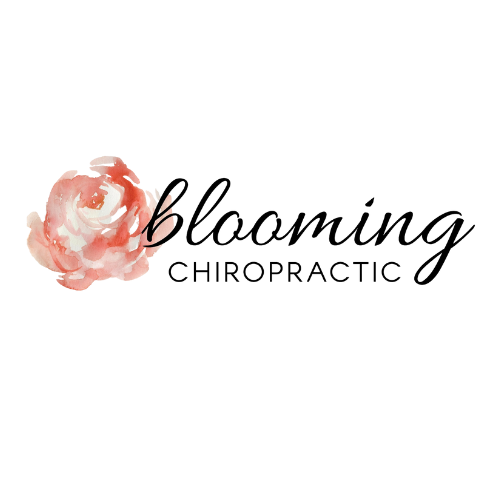How to stay hydrated during pregnancy and postpartum?
Hydration is important for everyone, but especially pregnant women. Water is lost in our body through sweat, urinary system and digestive system. Proper hydration is crucial during pregnancy as it provides various benefits that support both the mother's health and the developing baby.
Why is hydration important:
Blood Volume: During pregnancy, a woman's blood volume increases significantly to support the growing fetus. Proper hydration is necessary to maintain adequate blood volume, which ensures that the baby receives enough oxygen and nutrients. Water is essential for the transportation of nutrients from the mother's bloodstream to the baby through the placenta. Proper hydration ensures that essential nutrients, vitamins, and minerals are efficiently delivered to the developing fetus, promoting healthy growth.
Amniotic Fluid: Adequate hydration is necessary for the production of amniotic fluid, the liquid that surrounds and protects the fetus. Amniotic fluid helps cushion the baby, allowing movement and development of muscles and bones. It also helps maintain a stable temperature around the fetus.
Temperature Regulation: Pregnant women are more sensitive to changes in temperature, and dehydration can make them more susceptible to overheating. Staying hydrated helps regulate body temperature and prevents overheating, which can be harmful to both the mother and the fetus.
Digestive Health: Pregnant women are prone to constipation due to hormonal changes and pressure from the growing uterus on the intestines. Drinking enough water softens stools, making bowel movements easier and preventing constipation.
Urinary Tract Infections: Dehydration can increase the risk of urinary tract infections (UTIs), which are already more common in pregnant women. UTIs can lead to more serious complications if left untreated, so staying hydrated is important for preventing them. Proper hydration supports kidney function, helping the body effectively eliminate waste products and excess fluids. This is particularly important during pregnancy when the kidneys are working harder to filter the blood and remove waste.
Swelling and Edema: Adequate hydration can help reduce swelling and edema, which are common discomforts during pregnancy. When the body is dehydrated, it may retain more water, leading to increased swelling in the hands, feet, and ankles. Proper hydration can help reduce water retention and alleviate swelling.
General Health and Well-being: Hydration is important for overall health and well-being. It helps in maintaining healthy skin, aiding in digestion, and supporting the body's various functions. Pregnant women should aim to stay well-hydrated to ensure they feel their best during this important period of their lives.
Adequate milk production: Hydration plays a vital role in supporting milk supply for breastfeeding mothers.
It's important for pregnant women to listen to their bodies and drink water regularly throughout the day. While individual water needs vary, a general guideline is to aim for around 8-10 glasses (about 2-2.5 liters) of water per day, but this can vary based on factors like climate, physical activity, and overall health.
Tips to stay hydrated during pregnancy:
Add Electrolytes to your water- Our body needs electrolyte to absorb water. Some of the essential electrolytes our body needs are Sodium, Potassium and Magnesium. You can add electrolyte packets to your water or add sea salt/Himalayan salt with a squeeze of lemon juice. (** when selecting your electrolyte packet, opt for a sugar-free one as sugar can make you feel inflamed and groggy)
Our favorite brand that we always recommend is LMNT. This brand of electrolyte has 1000mg Sodium, 200mg Potassium and 60mg of Magnesium with zero added sugar! Our favorite flavor is watermelon (tastes like jolly ranchers) and mango chili (also great for adding to your cocktails or sprinkle on top of your fruit).
Drink Coconut water- Coconut water has natural electrolytes in it to help keep you hydrated.
Add fruit to your water- Adding fruit to your water will give it flavor and motivate you to drink more if you’re not naturally drinking water.
Eat foods that are high in water content- If you’re not a big water drinker, you can obtain your water content through foods fruits and vegetables. Some high-water content fruits are watermelons, cantaloups, cucumber, celery and apples.
Drink Broth- Drinking broth will not only be nutritious but it can keep you hydrated.
If you have any questions, please do not hesitate to contact.
To schedule an appointment, please call or text us at 657-845-1669 or use the online schedular.



